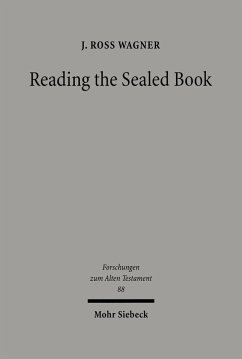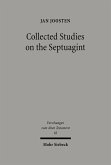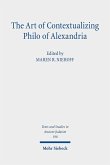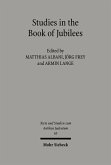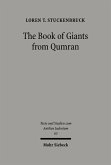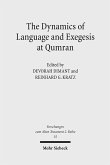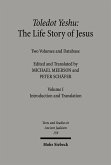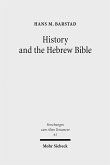Interest in the Greek translations of scripture popularly known as 'the Septuagint' has never been greater, with major translation and commentary projects completed or well underway in German, French, English, and Spanish. Dating from the 3rd century BCE to the 1st century CE, these translations open a window onto early Jewish interpretation of the Bible. Yet crucial problems of 'Septuagint hermeneutics,' particularly the question of how to identify interpretive elements in a translated text, remain unresolved. Drawing on important work both in translation studies and in literary theory, J. Ross Wagner develops an interpretive approach that combines patient investigation of the process of translation with careful attention to the rhetorical shape of the translated text. The author demonstrates the fruitfulness of this method through a close reading of Isaiah's opening vision (Isa 1:1-31) as both translation and text. The Greek translator interprets Isaiah 1 for his audience by elucidating its language, modulating its discourse and contextualizing its message. By amplifying Isaiah's criticism of those who rely on their wealth, power, and political connections rather than on the Lord, and by characterizing the blatant disregard for social and economic justice on the part of Zion's elites as a refusal to heed God's Law, the translator depicts trusting adherence to the Law as central to the life of God's people. In this way, Old Greek Isaiah makes a distinctive contribution to the formation and preservation of Jewish identity in the Hellenistic diaspora. Published in North America by Baylor University Press, Waco. Born 1966; 1998 PhD from Duke University; since 2013 Associate Professor of New Testament at Duke University.
Dieser Download kann aus rechtlichen Gründen nur mit Rechnungsadresse in A, B, BG, CY, CZ, D, DK, EW, E, FIN, F, GR, HR, H, IRL, I, LT, L, LR, M, NL, PL, P, R, S, SLO, SK ausgeliefert werden.

